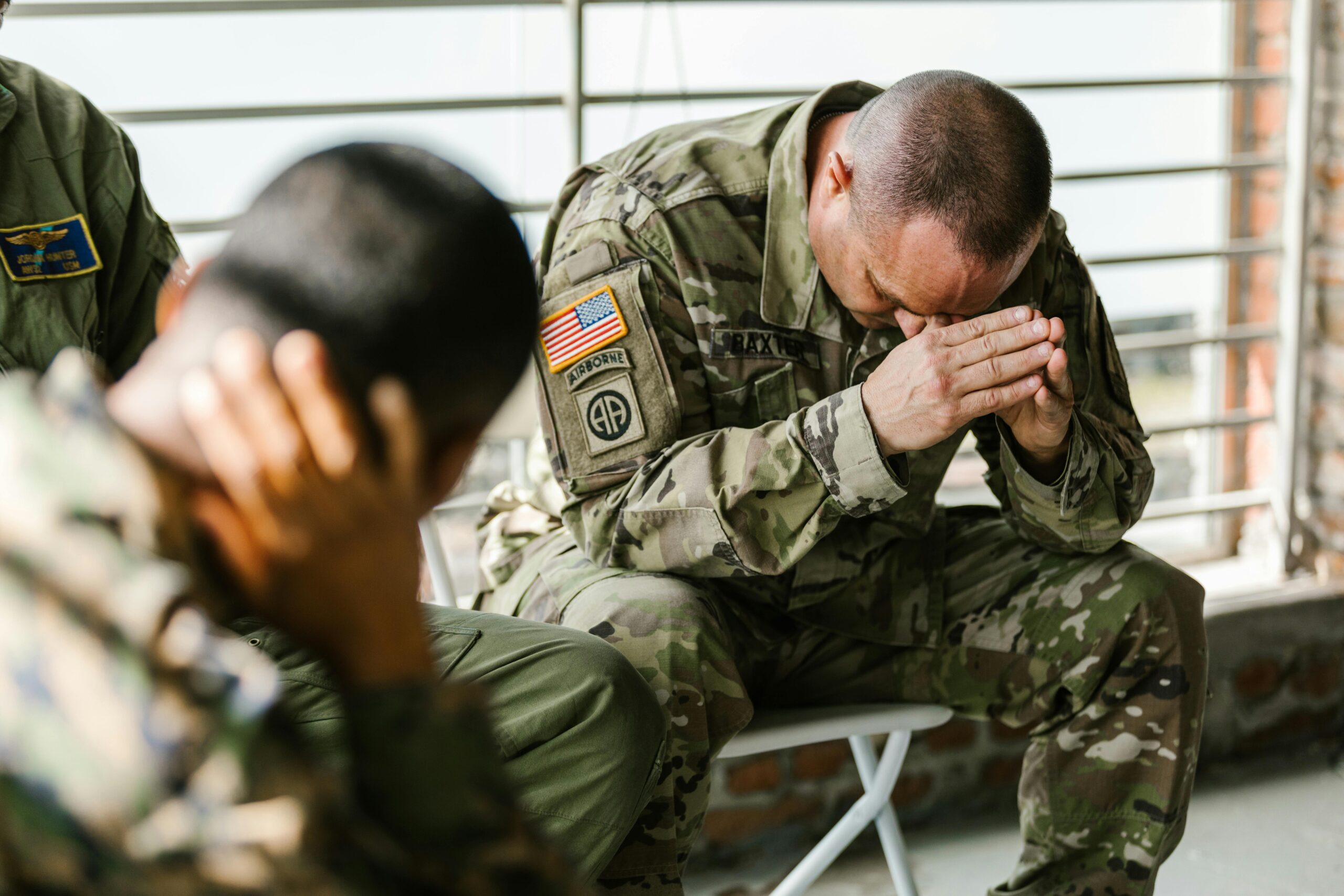The Need for More Advanced Training in SDA Medical Missionary Work, pt. 2
“The strength of an army is measured largely by the efficiency of the men in the ranks. A wise general instructs his officers to train every soldier for active service. He seeks to develop the highest efficiency on the part of all. If he were to depend on his officers alone, he could never expect to conduct a successful campaign. He counts on loyal and untiring service from every man in his army. The responsibility rests largely upon the men in the ranks” (Christian Service, 74).
In part one of this article series, we discussed Christ’s mission and method of labor by relating them to the principles of military administration. We also discussed the fact that Christ calls each of His followers to work in His way for the salvation of souls. In order to do so, however, we need to understand His method of working, which we discussed in detail, and apply those principles to our own work. We also need to be effectively trained in order to successfully engage in our work. We discussed the specifics of the basic training that every soldier in Christ’s army should receive. If you missed part one, you can find it by clicking here.
Developing the Highest Efficiency
In addition to the foundational training that every soldier should receive, there is a dire need for the training of officers to labor in God’s cause. We need to train individuals to possess superior skills and abilities—both in the health work and the work of the gospel—to labor in fields at home and abroad. In the past, we have been somewhat limited in our overseas attempts to spearhead sustainable, long-term, advanced, integrated gospel and health work by a series of unfortunate circumstances, namely, most of our lay-members do not possess the health, biblical, leadership, managerial, and educational skills needed to implement and continue the work, while our physicians and other professionals are in too much debt to volunteer their services on a long-term basis.
In order to meet this prominent challenge, we must select and train officers from among the natives of each region to meet needs and labor for souls in their region of the globe. This should especially be done in cases where medical assistance is not readily available. These individuals should be carefully chosen and trained to possess a superior understanding of the following: anatomy, physiology, and pathophysiology; how to properly conduct a health consultation and assess the information gathered therein; the remedies that God has provided in nature for humanity’s healing—how to use them, how they interact with both the body and pharmaceutical medication, and when they should not be used; principles of biblical interpretation; how to study and teach biblical truths; principles of personal consecration; how to practically meet people’s needs; how to handle both mental and physical health emergencies; and principles of education, management, and organization.
While it is important that officers receive a thorough education in the gospel, managerial, and other aspects of this work, we will now focus on the health aspect of their training as this aspect is frequently misunderstood or minimized. The importance of a thorough training in health lines cannot be over-emphasized. In the past, ill-advised individuals from various walks of life have endangered the lives of others as well as the future of our mission because of a lack of a thorough understanding of the principles of natural healing. To prevent this problem in our work, we should teach and implement appropriate protocols and standard operating procedures, as well as checkpoints that ensure that each officer possesses a thorough understanding of his or her work.
As an example, when this work of effective training is successfully accomplished, our officers will not be satisfied to say that licorice root (Glycyrrhiza glabra) is beneficial for the liver, so it should be given to individuals with liver problems. They will instead seek a more complete understanding of the mechanism of action of licorice root as well as the progression of various disease processes in the specified organ. This will lead them to understand that while licorice protects the liver (hepatoprotective) and can be beneficial in liver conditions such as chronic viral hepatitis, because its prolonged use can lead to sodium and water retention (which leads to edema or swelling), other liver-protective botanicals may be better used on a long-term basis in conditions such as liver cirrhosis where excess fluid retention and swelling is a common complication. By understanding the science behind the botanical medicine and the disease processes, they will be better able to safely, responsibly, and effectively incorporate the use of botanicals and their knowledge of disease into their work in order to accomplish their mission.
Like the foundational training that we discussed in part one, the advanced training that these officers receive should also be scientifically- and biblically-sound, easily-accessible to individuals in the global field, and affordable, but it should also be practical. Officers should be prepared to teach others in their region and their education should not be so costly that they have to spend years laboring to pay off the debt that they accrued in obtaining it; on the contrary, they should be able to complete their course of training free from debt so that they can dedicate their lives to part-time or full-time service in God’s cause as He leads and directs.
Every Soldier in His or Her Place
When this system of training and labor is adequately developed, when every soldier and officer stands in his or her lot, ready to offer loyal and untiring service to the Master, we will see an amazing change in the revival of our members and in the success of our work. As we apply these principles, those who choose not to integrate the physical, mental, social, and spiritual facets in their work will envy the influence exerted by missionaries who are working in these lines; they will desire and long to obtain the influence that is being secured by such workers (See Pamphlet 49, page 10, paragraph 3). Take courage! God has a plan for His work; He is simply waiting for ready hands and willing hearts through which He can work uninhibitedly. May we surrender ourselves fully to Him so that He can effectively use us in His service.









One Comment